Ductile iron pipes are widely used in water supply, gas and oil transportation. Although they have good mechanical properties and corrosion resistance, they may still be affected by the corrosion of the external environment and media during long-term use. Therefore, it is particularly important to take appropriate anti-corrosion measures for different usage scenarios and environmental conditions. The following are common anti-corrosion recommendations for ductile iron pipes
Principle of anti-corrosion treatment of ductile iron pipes
The anti-corrosion treatment of ductile iron pipes mainly changes the surface structure and chemical composition, improves its surface activity, increases its adhesion ability, and establishes an active oxide film and a sealing layer, thereby reducing the occurrence of rust on the metal surface. This film is an active protective film that can not only effectively prevent the metal surface from being corroded by solids, liquids and gases, but also effectively prevent the pollution of the metal surface, so that it maintains a vivid and bright surface image, and further improves the corrosion resistance of the pipeline material.
1. External anti-corrosion measures
Asphalt coating
Asphalt coating is a traditional and economical external anti-corrosion method suitable for scenes with low soil corrosion. Asphalt coating can effectively isolate the corrosion of the pipe wall by external moisture and oxygen, and extend the life of the pipe.
Epoxy coating
Epoxy coating has stronger anti-corrosion performance, especially suitable for acidic or alkaline soil environments. Epoxy coating has strong adhesion and wear resistance, and is the preferred anti-corrosion coating in current high-standard projects.
Polyethylene (PE) coating
In highly corrosive environments, it is recommended to use polyethylene coating. This method adds a layer of high-density polyethylene jacket to the surface of the pipe by mechanical or heat shrinkage, effectively isolating the corrosion factors of the external environment.
Cement mortar lining + outer coating combination
The combination of cement mortar lining and outer coating can provide dual protection for pipelines, especially in the transportation of corrosive liquids or buried environments.
Cathodic protection
For buried ductile iron pipes, cathodic protection technology (such as sacrificial anode or impressed current cathodic protection) can be used to effectively prevent electrochemical corrosion, especially in highly saline or acidic environments.
2. Internal anti-corrosion measures
Cement mortar lining
Cement mortar lining is the most commonly used internal anti-corrosion measure for ductile iron pipes, which can improve the smoothness of the inner wall and reduce the erosion of the medium on the pipe wall. Its chemical corrosion resistance makes it suitable for conveying a variety of media such as drinking water, sewage and industrial wastewater.
Epoxy resin coating
When conveying highly corrosive media (such as acid, alkali or salt solution), it is recommended to use epoxy resin coating. Epoxy resin has excellent corrosion resistance and anti-permeation properties, which can significantly extend the service life of the pipeline.
Polymer coating
Polymer anti-corrosion coating (such as polyurethane coating) has excellent corrosion resistance, and the coating surface is smooth, reducing fluid resistance, and is an ideal choice for conveying high-purity water or other special media.
Special lining materials
When conveying highly corrosive liquids, special corrosion-resistant lining materials such as fiberglass lining or corrosion-resistant ceramic lining can be used inside the pipeline.
3. Comprehensive anti-corrosion recommendations
Choose a suitable anti-corrosion solution
Choose a suitable internal and external anti-corrosion solution based on the soil corrosivity, groundwater level and medium characteristics of the project area. For example, for pipelines buried in high-salinity and alkaline areas, it is recommended to use polyethylene coating combined with epoxy coating, supplemented by cathodic protection.
Regular maintenance and monitoring
Regularly check the corrosion status of the pipeline surface and inner wall, especially for pipelines used in high-corrosion risk environments, and repair or replace them in time if problems are found.
Standardized construction
During the anti-corrosion construction process, strictly follow the relevant standards and technical specifications to avoid defects in the anti-corrosion layer due to construction quality problems, which will affect the protection effect.
Corrosion-resistant accessories
In pipe joints and flange connections, use accessories with good anti-corrosion performance (such as stainless steel fasteners or anti-corrosion coated bolts) to prevent local corrosion.
Summary
The anti-corrosion performance of ductile iron pipes directly affects their service life and engineering safety. By rationally selecting anti-corrosion coatings, combining advanced technical means (such as cathodic protection), and strengthening construction management and maintenance work, the corrosion resistance of the pipeline can be significantly improved and its service life can be extended.
BAOWI STEEL focuses on the research and development and production of high-quality
ductile iron pipes, providing customers with comprehensive anti-corrosion solutions to help projects achieve efficient, economical and long-term operation.








 English
English Español
Español بالعربية
بالعربية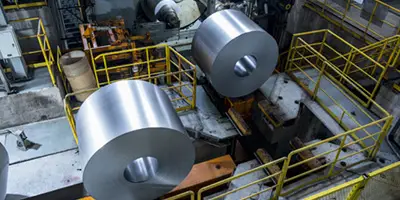
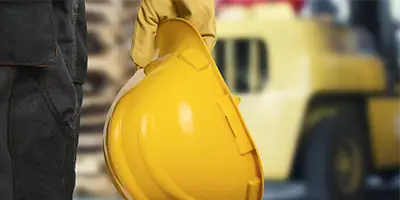
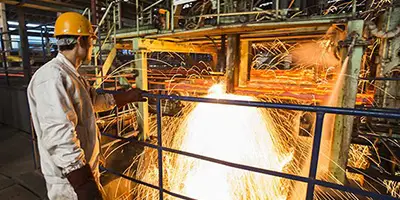
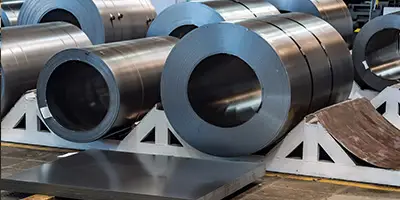

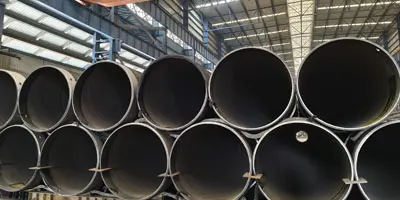
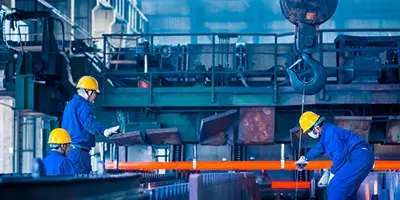
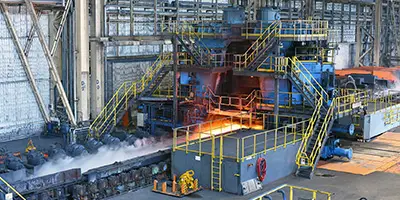
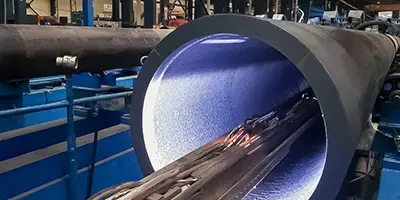
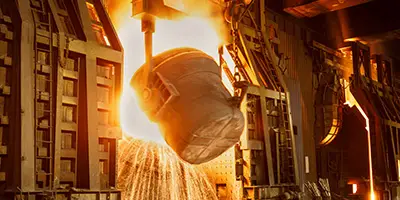
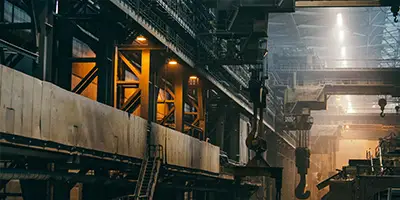
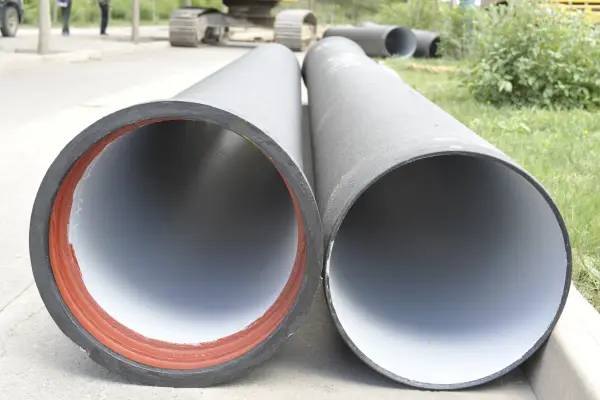
 Phone :
Phone :  Whatsapp :
Whatsapp :  Email :
Email : 


